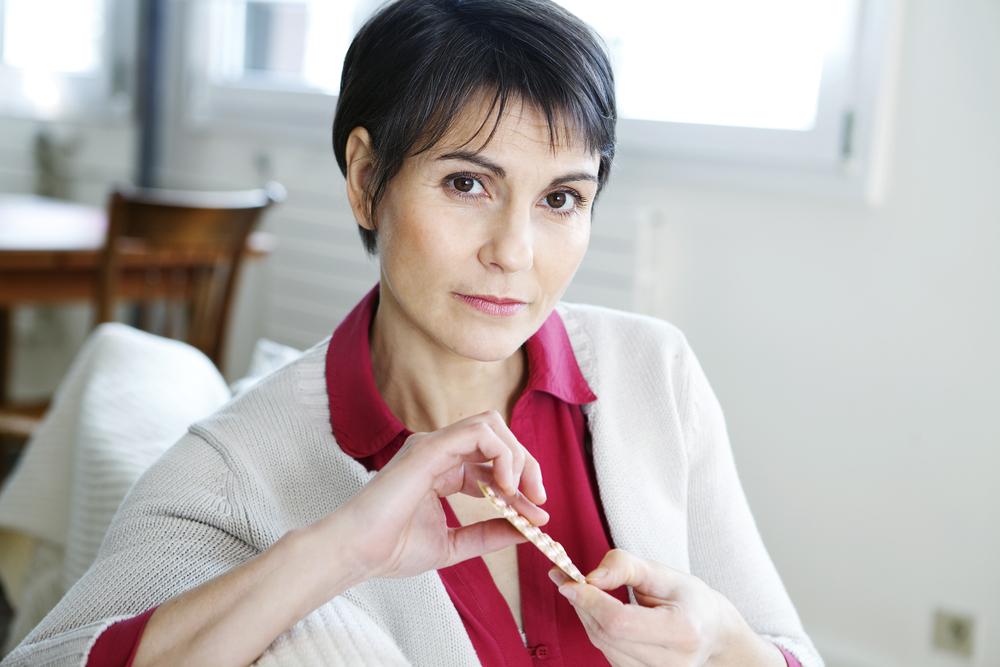
Dyspareunia in Menopausal Women
Once a woman goes through menopause, many of the post menopausal issues are not ordinarily discussed. Night sweats and hot flashes are two of the symptoms of menopause that are most common, and for which many treatment options are available beginning with hormone replacement therapy or biosimilar hormones. Symptoms like painful intercourse and vaginal dryness are often not discussed, and therefore, left untreated. Usually, the normal sexually active woman will decline from regular sex after menopause because of these symptoms.
The medical term for the condition that causes painful sex and vaginal dryness is known as dyspareunia. Many menopausal and post-menopausal women are unsure as to how to bring this subject up with their doctor, so they suffer in silence. Considerations for treating dyspareunia should include the following:
1. Common symptoms of dyspareunia
Although this condition is often referred to as vulvar and vaginal atrophy, some of the other symptoms are extreme pain during urination, and vaginal irritation. The uninformed woman may at first think that this is some type of sexually transmitted disease, and are fearful of seeing their physician. It is important to understand the things that could happen after menopause so that you will be prepared to seek treatment without second guessing the situation.
2. Treatment for dyspareunia
There are many different causes for this disorder. Just as the pain experienced by many women is different, so is the cause. The location and time of the pain can help with potential treatment options. Some pain is described as being at the opening, or surface of the vagina when penetration is attempted. Some pain is described as being deeper inside the vagina after penetration. The pain could have anatomic or physiologic causes. Treating vaginal dryness with estrogen often helps reduce the symptoms of pain during sex. Hormone replacement therapy has been the most widely used treatment option for this condition.
3. Consult with a health professional
Menopausal women are often reluctant to see their gynecologist for issues relating to sex and reproductive organs. Painful sex and vaginal dryness is very uncomfortable and may even cause vaginal irritation and pain when urinating. Menopause may mean that women will have a certain freedom due to the cessation of the menstrual cycle. It also means that there are several things that you should continue to see your gynecologist about. Bring up all menopausal symptoms with your doctor no matter what they are. There is a name for your symptoms, and the sooner you see your doctor, the better you will feel about being sexually active again, and enjoying every minute of it.



